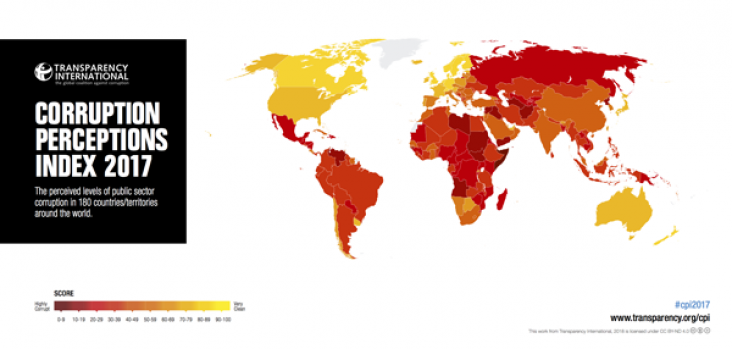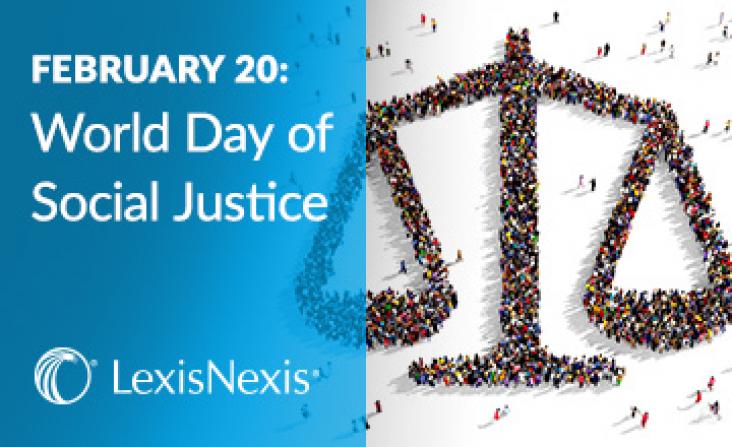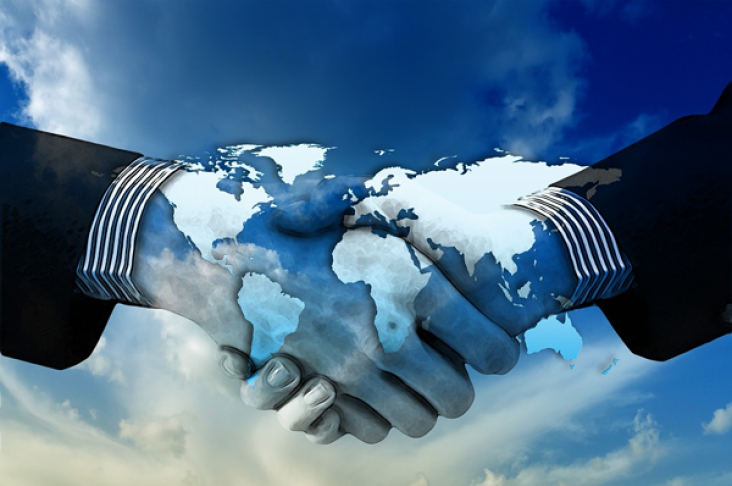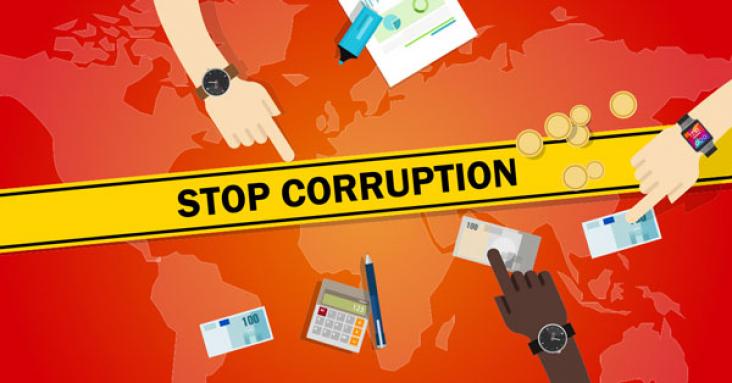
Supporting goal 10 (reduced inequalities) and goal 16 (peace, justice and strong institutions) the world’s most corrupt countries have been revealed in Transparency International’s 2017 Corruption Perceptions Index.

Supporting goal 10 (reduced inequalities), goal 8 (decent work and economic growth) and goal 16 (peace, justice and strong institutions) this blog discusses the fight for social justice and the links with inclusion and decent work for migrants in a global economy.

At the World Economic Forum in Davos on Thursday 24 January, Theresa May called on shareholders to put pressure on the companies they invest in to improve their "social impact" supporting goal 10 (reduced inequalities) and goal 16 (peace, justice and strong institutions).
Partner content
United Nations Global CompactFurthering goals 8 and 16, this brief guide, developed as part of the Decent Work in Global Supply Chains Action Platform, offers a quick overview of the steps businesses can take to help eliminate modern slavery, while highlighting key resources, initiatives and engagement opportunities to support business action.

Substantially reducing corruption and bribery in all forms is a target of goal 16 (peace, justice and strong institutions). This blog reviews the rise of anti-foreign bribery legislation in the 20 years since the OECD's Anti-Bribery Convention was signed by 43 states and countries.
The First 100 Years is a ground-breaking history project charting the journey of women in law since 1919. The project’s vision is to ensure a strong and equal future for all women in the legal profession through a deep understanding of the past combined with a celebration of today. It therefore supports SDG 5 with a focus on target 5 concerned with women in leadership positions. This video interview with Lady Hale, the first female President of the Supreme Court, gives a personal account of her being the ‘first’ many times over and the role of women in the legal profession.
Contributing to SDGs 17 (Partnerships for the Goals) and 16 (Peace, Justice and Strong Institutions), The United Nations collaborate with criminologists, sociologists, and practitioners to produce guidance on preventing the use of children in violent non-state armed groups.
Partner content
United Nations UniversityChildren and Extreme Violence, United Nations University, October 2017.
Contributing to SDGs 17 (Partnerships for the Goals) and 16 (Peace, Justice and Strong Institutions), the UN collaborated with scholars and practitioners from a range of fields to explore opportunities to prevent children entering violent non-state armed groups.
Partner content
United Nations UniversityChildren and Extreme Violence, United Nations University, New York, October 2017.
Contributing to SDGs 17 (Partnerships for the Goals) and 16 (Peace, Justice and Strong Institutions), the UN collaborated with academics in communications and psychology; practitioners in brand creation, marketing, and cause campaigns; social media experts and practitioners and entertainment content creators to gain a deeper understanding of recruitment typologies, messaging and intergroup competition involving children in the Islamic State.
Partner content
United Nations UniversityUnited Nations University, October 2017.
Directly relating to SDG 16 (Peace, Justice and Strong Institutions), this policy brief looks at how the changing nature of organized crime and corruption may impact state fragility, inequality and conflict in the coming decades.
